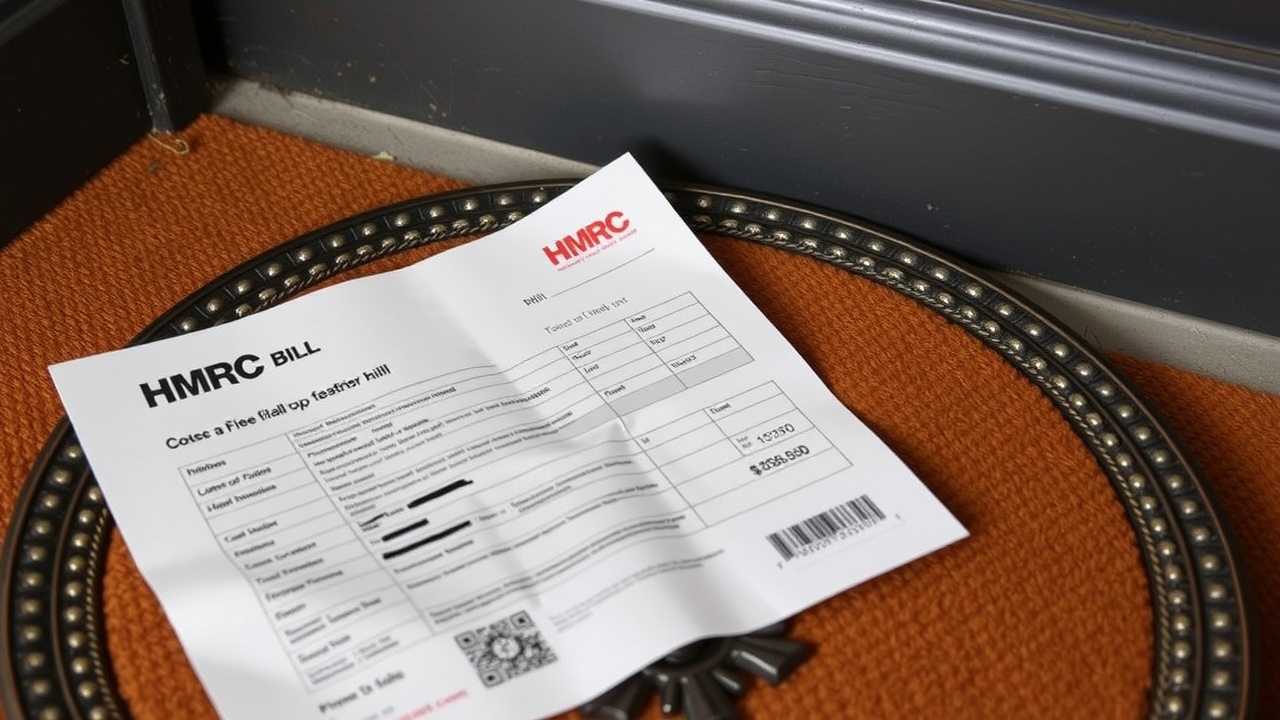
To help the tax collector uncover those trying to evade paying taxes on their cryptocurrency gains, new regulations have been established
As the taxman uses the new Cryptoasset Reporting Framework to crack down on investors who are avoiding paying taxes on their cryptocurrencies, government coffers are getting a 315 million boost.
According to the new regulations, starting in January 2026, anyone who owns cryptocurrencies (such as Bitcoin, Ethereum, and meme coins like Dogecoin) will be required to provide more personal information to crypto service providers or risk an HMRC fine of £300.
Cryptoholders will be required to submit their full name, address, birthdate, tax residence, National Insurance number, and a list of all their cryptocurrency transactions once the new framework is implemented.
Service providers will then give this information to the tax collector, who will use it to determine whether or not cryptocurrency holders have been paying the appropriate tax on their gains.
Crypto service providers run the risk of facing fines of up to £300 per user if they fail to disclose this information or if their reports are erroneous or lacking.
By April 2030, the government predicts that this will generate up to 315 million in tax revenue, giving the Treasury the equivalent of hiring 10,000 newly qualified nurses for a year.
In an effort to reduce the tax gap, Treasury Exchequer Secretary James Murray said the new regulations demonstrate that the government is "going further and faster to crack down on tax dodgers."
"To help raise the revenue needed to fund our nurses, police, and other vital public services, the policy will ensure that tax dodgers have nowhere to hide," he continued.
According to Jonathan Athow, HMRC's director general for customer strategy and tax design, the reporting requirements will provide HMRC with "the information to help people get their tax affairs right."
He also said that "taking action now and having this information to hand will help you avoid penalties in the future" and urged all cryptocurrency holders to make sure they are providing their service providers with accurate information.
The crackdown is a component of HMRC's broader effort to combat tax evasion. In her Spring Statement, Chancellor Rachel Reeves said the government is spending £1 billion more on tax fraud and tax avoidance by hiring more employees and investing in new technology.
At the same time, HMRC's special tax investigations into the wealthy are generating more revenue than ever before; in 2023 - 2024, the government won 1.05 billion in this way.
How to notify HMRC of cryptocurrency profits.
Like any other asset, you will have to pay capital gains tax if you own cryptocurrencies and have profited from them.
As of right now, cryptocurrency investors are required to include any profits or income from their assets in their self-assessment tax returns. However, starting in 2026, the taxman will have additional information to ensure that this is accurate.
HMRC notes that income tax and National Insurance may be applicable to cryptocurrency obtained through employment, mining, staking, or lending activities, but also states that capital gains tax may be due when selling or exchanging cryptocurrency.
Through a dedicated website on gov . uk, you can determine whether you are required to pay tax when receiving or selling cryptocurrency if you are unclear about your tax responsibilities.
You can also use the cryptoasset disclosure service to inform HMRC about unpaid cryptocurrency taxes.














Leave a comment on: Do I have to pay taxes on cryptocurrency? New HMRC regulations aim to crack down on tax evasion and "crypto bros"